Our role as early education and care providers is to create an environment where parents trust the professionals caring for their children. The most effective strategy to build that trust is through ongoing communication between families and the early care program.
Communication is necessary for sharing daily experiences and individual child information, which can lead to discussing specific objectives and offering strategies and activities to support learning at home. The goal as a provider is to “Share and Show” families as much as you can about their child and their experience in your child care program. Below are ways to incorporate effective daily, quarterly and yearly communication practices within your program.
Daily
- Check-ins at drop off and pick up time (Share)
- Brief email with an overview of the day (Share)
- Calendar with specifics about activities (Share and Show)
- Sharing photos to show the children in action (Share and Show)
Monthly/Quarterly
- Conferences (Share)
- Portfolios of child work (Share and Show)
- Progress Reports (Share and Show)
- Parent Questionnaire to get feedback from parents (Share)
- Newsletters (Share and Show)


Yearly
- Information Nights, Back to School Night, Parents’ Night (Share)
- IEP/IFSP meetings, if applicable (Share and Show)
- Transition Meetings between grade levels (Share)
- Open Houses, Observation Days (Show)
Remember, effective communication involves both delivering and receiving information. Providers can gain insights into a child’s background, experiences, strengths and areas for improvement by maintaining open and ongoing communication. Your interactions with families build trust, form partnerships, and ultimately provide an environment that cultivates successful experiences for children.
Here are some ways to get parents to “Show and Share” with you!
- Whether through a daily check-in, conference, or yearly event show families that you value their input and want to learn more about their child.
- Request family photos of important life events such as birthdays, vacations and pets.
- Ask families to record (video or audio) their children at home doing their favorite activities or demonstrating something they learned while in your care.
- Learn about their home schedules and examples of rewards, nurturing and behavior management done at home.
- Provide a questionnaire for parents’ feedback regarding their priorities and needs for their child and their family. Do this periodically throughout the year to remain up to date on what is most important to your families.

Communication is essential for the success of the child, parent and caregiver. Sharing and showing builds strong relationships. By working together, the children in your care will learn and grow to their fullest potential.

